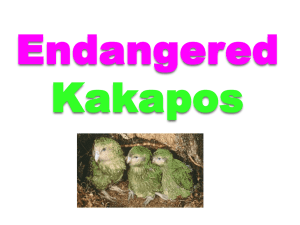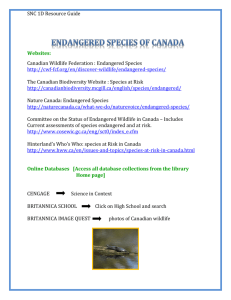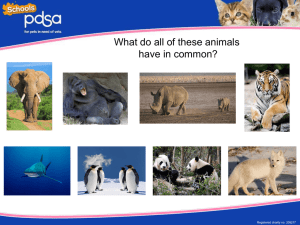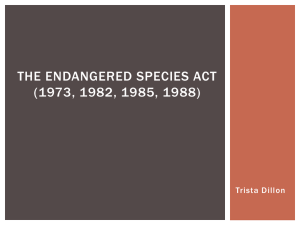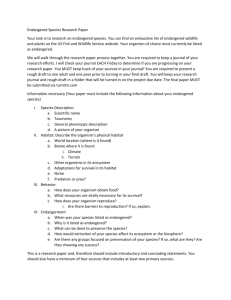06 Feb 2014SC0114-04. Alfonsi Report Commission reply
advertisement
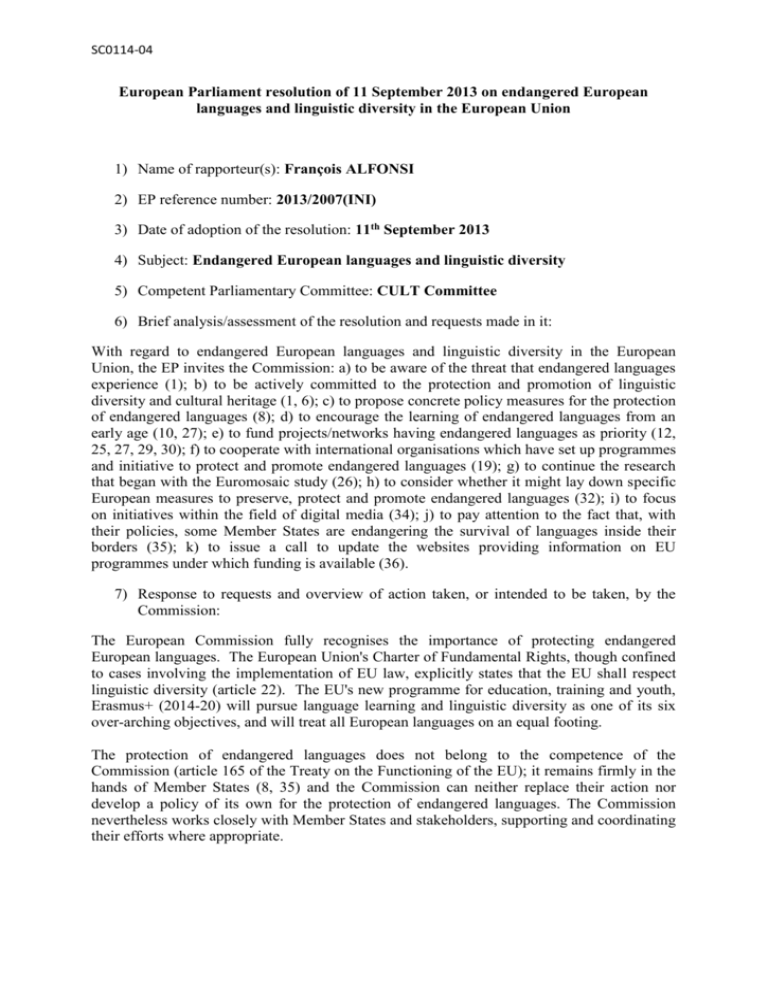
SC0114-04 European Parliament resolution of 11 September 2013 on endangered European languages and linguistic diversity in the European Union 1) Name of rapporteur(s): François ALFONSI 2) EP reference number: 2013/2007(INI) 3) Date of adoption of the resolution: 11th September 2013 4) Subject: Endangered European languages and linguistic diversity 5) Competent Parliamentary Committee: CULT Committee 6) Brief analysis/assessment of the resolution and requests made in it: With regard to endangered European languages and linguistic diversity in the European Union, the EP invites the Commission: a) to be aware of the threat that endangered languages experience (1); b) to be actively committed to the protection and promotion of linguistic diversity and cultural heritage (1, 6); c) to propose concrete policy measures for the protection of endangered languages (8); d) to encourage the learning of endangered languages from an early age (10, 27); e) to fund projects/networks having endangered languages as priority (12, 25, 27, 29, 30); f) to cooperate with international organisations which have set up programmes and initiative to protect and promote endangered languages (19); g) to continue the research that began with the Euromosaic study (26); h) to consider whether it might lay down specific European measures to preserve, protect and promote endangered languages (32); i) to focus on initiatives within the field of digital media (34); j) to pay attention to the fact that, with their policies, some Member States are endangering the survival of languages inside their borders (35); k) to issue a call to update the websites providing information on EU programmes under which funding is available (36). 7) Response to requests and overview of action taken, or intended to be taken, by the Commission: The European Commission fully recognises the importance of protecting endangered European languages. The European Union's Charter of Fundamental Rights, though confined to cases involving the implementation of EU law, explicitly states that the EU shall respect linguistic diversity (article 22). The EU's new programme for education, training and youth, Erasmus+ (2014-20) will pursue language learning and linguistic diversity as one of its six over-arching objectives, and will treat all European languages on an equal footing. The protection of endangered languages does not belong to the competence of the Commission (article 165 of the Treaty on the Functioning of the EU); it remains firmly in the hands of Member States (8, 35) and the Commission can neither replace their action nor develop a policy of its own for the protection of endangered languages. The Commission nevertheless works closely with Member States and stakeholders, supporting and coordinating their efforts where appropriate. SC0114-04 Through its Multilingualism policy, the Commission supports linguistic diversity not only as a pillar of cultural identity and social cohesion but also as a set of skills for civic participation and employment. The policy aims to enable every European citizen to communicate in two foreign languages from an early age, including endangered European languages. It supports and complements national educational policies aimed at reaching this objective (10, 27). The EU's existing Lifelong Learning Programme (2007-13), in particular its transversal Key Activity 2 Languages, has already financed multilateral projects and networks since 2007. Among its priorities, the programme has promoted the acquisition of less-used or less-widely spoken European languages, including the languages of smaller countries as well as regional and minority languages (1, 6, 12, 25, 27, 29, 30, 32, 34). The Commission cooperates with international organisations such as the Council of Europe. The Commission regularly refers to the European Charter for Regional or Minority Languages as the international legal instrument specifically devoted to the protection and promotion of regional or minority languages (19). Our current cooperation agreement with the Council of Europe focuses on ICT for language learning and assessment of language competences. The Commission has regularly updated the Euromosaic study when appropriate. It considers that the knowledge in this field is now well established (26). Looking to the future, language learning and linguistic diversity will be mainstreamed through the whole of Erasmus+. This will create opportunities to apply for funding for strategic partnerships in the field of regional and minority languages, including endangered languages. Following the final adoption of both Erasmus+ and Creative Europe, expected before the end of 2013, the Commission will provide information on its website about all available EU programme funding for projects that promote endangered languages, especially for the attention of the language communities concerned (36).

